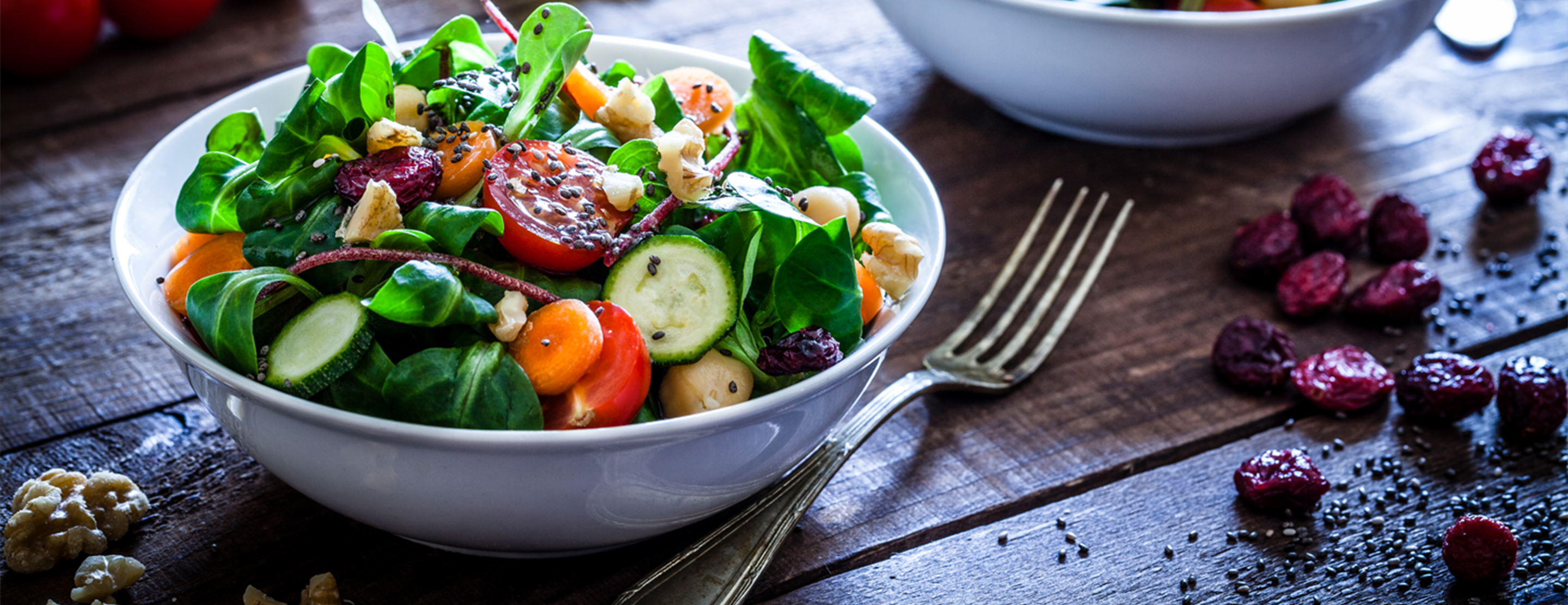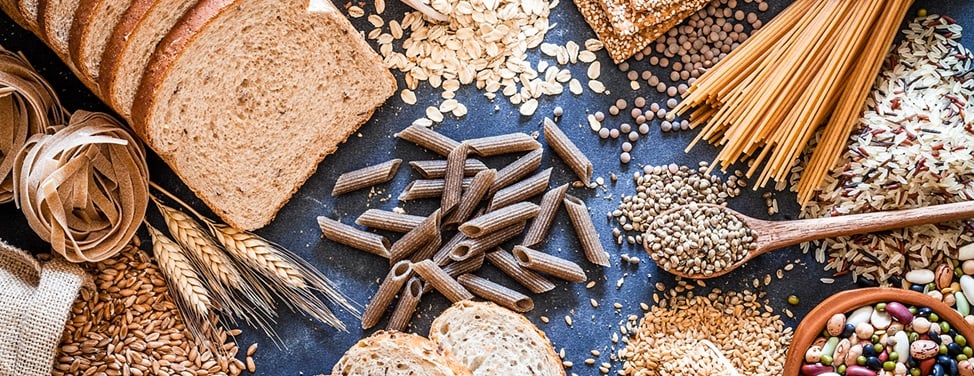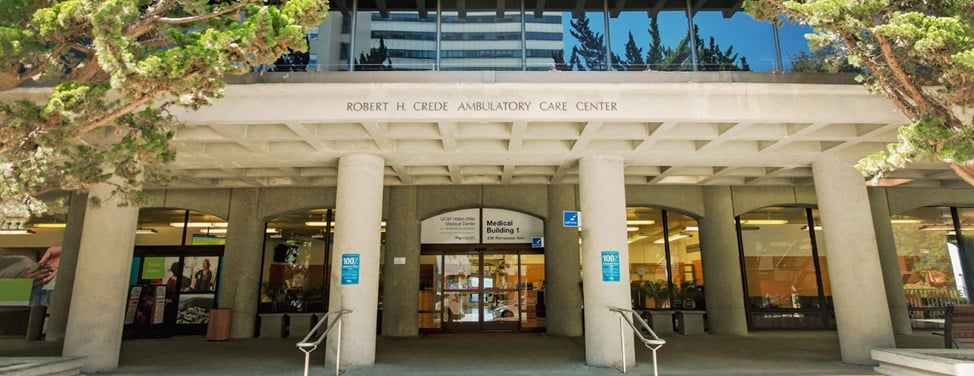
Carbohydrates and Diabetes
Foods containing carbohydrates become glucose or blood sugar when digested, and controlling blood sugar is important if you have diabetes. Healthy eating is a key strategy to blood sugar control as well as timing, type and quantity of foods eaten.
Monitor your blood glucose levels and keep a written record to get a sense of how your body responds to specific foods.
Below, you will find tips on managing your consumption of carbohydrates.
Meals
- Eat three main meals each day. Time your meals based on your blood sugar, activity levels and medication. Establish an eating pattern that works for you.
- Do not skip meals. Try to eat a consistent amount of carbohydrates and consistent portions.
- Eat a variety of foods from each food group for good nutrition.
Beverages
- High carbohydrate liquids can quickly raise blood sugar levels. Strictly limit fruit juice and regular sodas.
- Diet drinks and other beverages with artificial sweeteners won't raise your blood sugar levels.
- Fruit juice is high in natural sugars. Eight ounces of natural fruit juice, without added sugar, has the same amount of sugar as 8 ounces of regular soda, about 6 teaspoons of sugar. Eat fruit instead of drinking fruit juice.
Dairy
- Milk and yogurt have a natural sugar called lactose. Choose the healthier nonfat or low-fat versions.
- Cheese has a trace of carbohydrate but is high in fat. Choose reduced fat cheese, such as 2 percent fat, low-fat or nonfat cheese.
Fruit
- Fruit is naturally sweet so limit yourself to one serving of fruit at a time. A serving, for example, is one small apple or orange; half of a large banana; or one cup of cubed melon.
- Choose fresh fruit, unsweetened frozen fruit or canned fruit packed in water or its own juice.
- Eat fruit, rather than drinking fruit juice.
Starch
- Eat foods made of whole grains, which are more nutritious, such as breads, brown and wild rice, cereals including oatmeal, millet, pasta, quinoa and tortillas.
- Limit highly refined grains, which are less nutritious, such as white bread and white rice, and processed cereals.
- Try to eat the same amount of carbohydrate at each meal. Eating too much at one time can cause blood sugar levels to spike.
Sweets
- Desserts tend to be high in carbohydrates and high in fat. Limit portion sizes.
- Sources of liquid sugar include juices, smoothies, sodas, sports drinks and sweetened coffees and teas. Liquid carbohydrates are rapidly absorbed into the blood stream and can raise blood sugar levels quickly. Small amounts of these beverages may be tolerated when your glucose levels are under control and you plan on being active. Monitor your blood glucose to check your sugar tolerance.
Other Tips
- Discuss alcohol use with your health care provider. Alcohol can interfere with blood sugar control and should be used with caution. Don't drink alcohol on an empty stomach.
- Weight loss is recommended if you are overweight. Losing weight can help insulin better control your blood sugar.
- Exercise if you are physically able. Doctors recommend at least 30 minutes of moderate exercise a day, which can be split into two 15-minute sessions or three 10-minute sessions. If you're currently sedentary, start with five to 10 minutes of exercise a day and increase your exercise by five minutes each week.
- Walking outdoors is an excellent form of exercise. During bad weather, find indoor options, such as walking at a mall, using an exercise DVD or working out at a gym.
UCSF Health medical specialists have reviewed this information. It is for educational purposes only and is not intended to replace the advice of your doctor or other health care provider. We encourage you to discuss any questions or concerns you may have with your provider.










